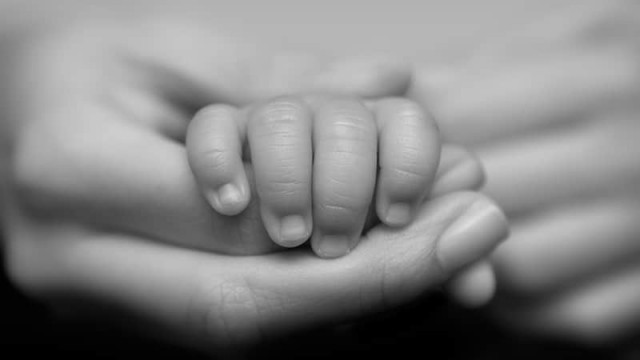Adoption in Pakistan
Adoption, as controversial as it can be, is not governed by any particular law in Pakistan. It is not prohibited and is a part of the lives of numerous children whose de facto guardians are either deceased or unable to fulfil their children’s basic necessities. This article will fundamentally talk about ‘adoption in the light of Islam’, ‘adoption in Pakistan and the procedure’ and ‘determination of an orphan’s religion in specific cases’.
There is a great deal of misconception when it comes to studying adoption in the light of Islamic law. ‘Adoption’ per say is not allowed in Islam, however, the Islamic equivalent of adoption (kafala) is permitted. Kafala can be considered as customary adoption or an alternative to adoption. Kafala, unlike adoption, preserves the blood ties between a child and his or her biological parents. The reason for this is to prevent adopted children from later marrying their biological siblings in future (as reported in some cases).
Kafala is a word of Arabic origin that literally means ‘sponsorship’ but it can be best interpreted in this context as ‘foster parenting’. ‘Foster parenting’ is the promise to undertake the duties of a biological parent of an orphan child without any payment. According to the Quran and authentic books of Ahadis, exalted rewards have been promised to Muslims who care for orphans. The Prophet Mohammad (peace be upon him) is reported to have said, “I and the guardian of an orphan will be in paradise or heaven like these two fingers,” and then he joined his two fingers together (Source: Sahih Bukhari 5659). Muslims have also been encouraged in the Quran at various points to care for orphans. Adopted children may enjoy the same rights as a biological child of an individual would, however, adopted children do not legally inherit from their guardian/foster parent unless a specific share of the property is gifted to the adopted child.
Pakistan is an Islamic nation and its laws are based on the Islamic code of Shariah law. As said before, there are no particular laws in Pakistan for adoption, however, Pakistan is a signatory to The UN Convention on the Rights of the Child that talks about adoption and guardianship (note: this Convention recognizes and pays due regard to the concept of kafala). The Convention clearly states in Article 20 that any child who is permanently or temporarily deprived of his or her family environment shall be under special protection or care provided by the state. Such care could include inter alia ‘foster placement’, ‘kafala under Islamic law’, ‘adoption’ or ‘placement of a child in a suitable institution if necessary’. The Guardians and Wards Act 1980 is specifically focused on customary adoption. This Act formalizes the relationship between a guardian and a ward. Under this Act, a district court may issue guardianship orders of a child. In Article 7, it is stated that a district court may issue guardianship orders of a minor only if the court believes that it is in the best interest of the minor. A guardianship order may appoint or declare an individual for ensuring the care of a minor or the minor’s property.
There is a specific process for obtaining legal guardianship of a child from an orphanage. At first, an application must be submitted to the relevant district court for consideration. The application is reviewed by a government official known as the deputy commissioner. Then a home survey of the applicant takes place. This is in order to ensure the eligibility and suitability of the applicant to provide a good home environment for the relevant child. If approved, the child will be transferred from the orphanage to the applicants care. In situations where the biological parents of a child (in the custody of an orphanage) are alive and known to the authorities, they would be asked to sign an irrevocable agreement in which they would concede any right to reclaim their child in the future. However, some domestic adoptions in Pakistan are still informal (by verbal consent or adoption deed), or based on kafala, and are not endorsed by courts.
Issues may arise over the religion of an orphan child. It is the general trend of judicial thought that a child must be reared in the very religion he or she was born into (if known). If it is not known, then it is a principle of Islamic law that the child will take the religion of either who found him or her or the religion of the community of the area. For example, if a baby is born in a Christian hospital and the mother disowns it right after birth, the child would be presumed to be a Christian.
Therefore the conclusion from the aforementioned facts is that adoption in Pakistan is one of the most controversial legal topics. There is no clear set of legal principles to cater to it, and in Pakistan it is solely a matter of beliefs, consent, understanding and will.
———-
Online Sources
- https://www.sahih-bukhari.com
- http://www.pakistanadoption.com/adoptionfacts.htm
- http://courtingthelaw.com/2015/08/05/faqs/child-adoption-procedure-and-law-in-pakistan/
- http://zklawassociates.com/wp-content/uploads/2012/03/ISLAMIC-LAW-AND-ADOPTION.pdf
The views expressed in this article are those of the author and do not necessarily represent the views of CourtingTheLaw.com or any organization with which he might be associated.


